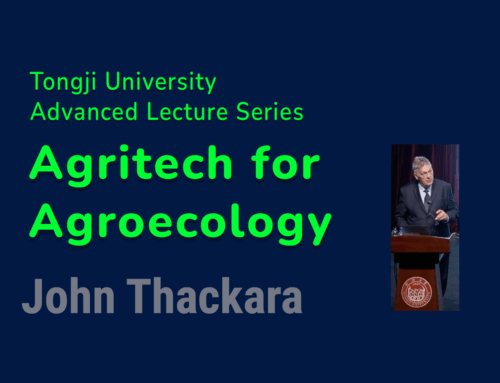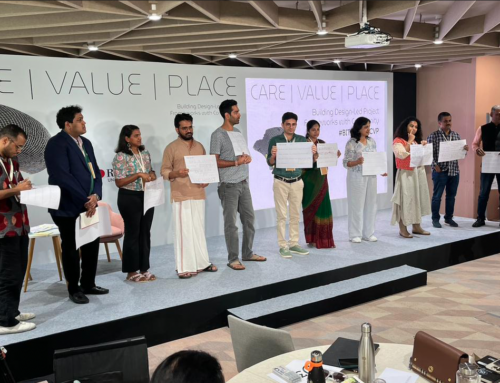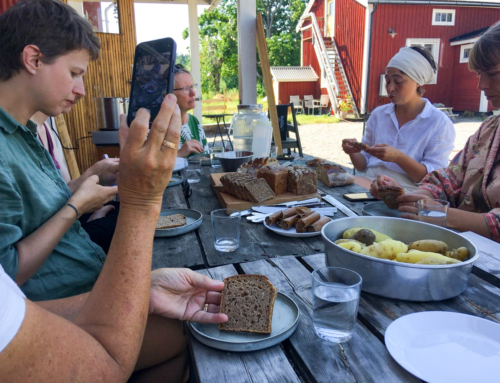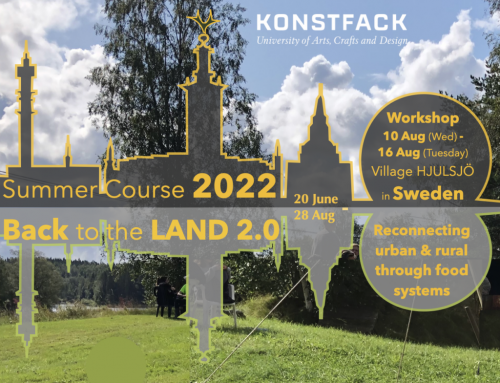Readers of this blog will need no introduction to the Estonian bio-semiotician Jakob von Uexkull (1864-1944). Oh, you do? Go to the back of the class. Well, Tallinn Jake saw mind, body and context as inseparable, for all animals (including human ones) and he coined the word umwelt to describe the unity of an organism’s physical life-support system and the subjective network of relationships that give its world meaning. Umwelt (literally, ‘around world’) usefully explains our visceral attachment to cars, despite the damage they do to the public domain and the biosphere. I learned about umwelt whilst reading Elizabeth Farrelly’s entertaining new book Blubberland: the dangers of happiness. Umweltness (my word) seems to feed two primal urges – for speed, and for safety – and thereby “puts us in danger of destroying our minds, our bodies, our cities, and our planet” says the author. She’s also tough on the boom in Australian versions of MacMansion houses; between 1990 and 2003, the average New South Wales house grew by 60 per cent – even as family size shrunk by 40 per cent, and plot size roughly halved. “Indulgent?” asks Farrelly. “Sure, but governments and markets alike smile on this behaviour since it renders us fat and infantile and keeps the dummy firmly stuck in our collective mouth”. Farrelly’s prose is trenchant like this throughout, but somewhat archly so at times; I was left with a hunger for more reporting from real-life situations such as the un-modernised suburb of Redfern that she mentions in passing. But the final chaper is well-done as Farrelly describes an imagined future shaped by new belief systems: “The new religion makes heavenly disciples of sun and rain, worshipful shrines of fertility, and compost and sacred objects of water tanks and work farms”



